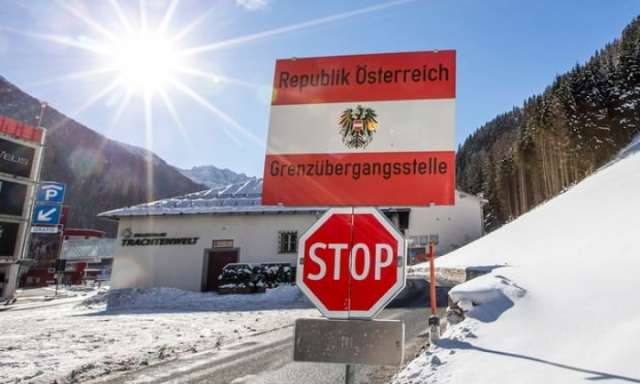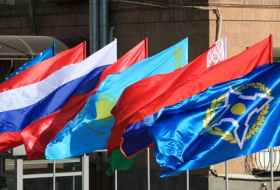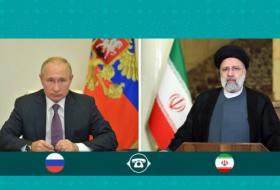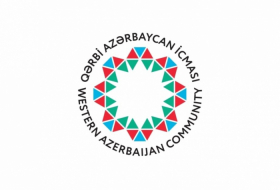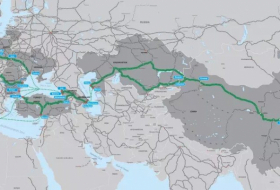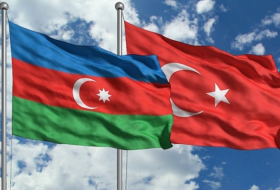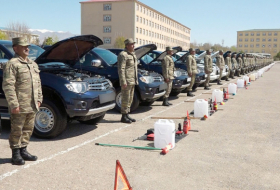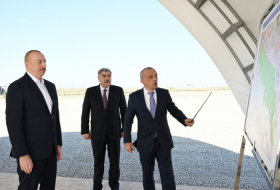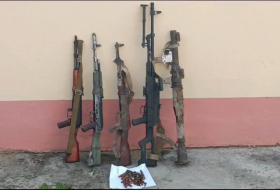The chances of Italy being able legally to grant unilateral humanitarian visas in this way is slight, but the threat is intended to concentrate minds in the EU after Italy failed to win clear practical support from Germany and France to take more people that have been arriving in increasing numbers from Libya.
The refugee crisis is putting growing political domestic pressure on the Democratic party (PD)-led government, with PD mayors refusing to take extra migrants and plans for legislation on citizenship being shelved at the weekend by the Italian prime minister, Paulo Gentiloni.
In an interview with Il Manifesto, Mario Giro, the deputy foreign minister, said the government was looking at all options including the granting of temporary visas. Previously he had simply described the idea as speculation, and it had been dismissed by the interior minister.
Giro said: “We are in a tug of war.” He said Italy wanted to avoid unilateral gestures, but was against the strict application of EU law which required migrants to remain in their first country of arrival. “We don’t accept being turned into a European hotspot, or feeling guilty because we rescue people, so deciding what to do with the migrants who arrive is everyone’s responsibility,” he said.
On Monday, the Italian foreign minister, Angelino Alfano, said the idea of humanitarian visas was not on the agenda. The EU high commissioner for external affairs, Federica Mogherini, insisted the issue was not discussed at the EU foreign affairs council meeting on Monday in Brussels.
But the Italians are examining whether they could invoke the application of directive 2001/55, a measure approved following the Balkan wars, that allows the granting of humanitarian visas. It was too early to say when or how many such permits could be issued, Giro said, adding that the Italian authorities who received asylum requests already had the power to grant them.
Many observers regard the option as something Italy is airing for domestic political purposes.
Sebastian Kurz, the rightwing Austrian foreign minister, has also suggested Italy retain all migrants on the islands off the mainland, so making it less easy for them to travel on through Europe. He described the idea of humanitarian visas as absurd.
An estimated 93,357 people, mainly from sub-Saharan African and Bangladesh, have arrived by boat in southern Italy by 16 July 16, a 17% increase on the same period last year, according to the interior ministry. The number of deaths is put at 2,207, a small decline on the same period last year.
With elections due next year, rightwing and populist parties are exploiting the government’s discomfort, claiming that former prime minister Matteo Renzi had struck a deal with Brussels whereby Italy took refugees in return for Brussels turning a blind eye to the finance ministry’s breaches of EU rules on budget deficit limits.
In a bid to show it is getting a grip on the situation, the government is also planning to impose a new code of conduct on NGOs operating rescue boats in the Mediterranean, telling them that if they refuse to comply they will be debarred from landing their boats in any Italian port.
The NGOs and Unicef claim the new code will lead to fewer ships in the Mediterranean and more losses of life. Justin Forsyth, Unicef’s deputy executive director, said: “Law enforcement and security objectives – no matter how justifiable – must not inadvertently prevent lifesaving work to save children from drowning.”
The draft code is expected to be presented to as many as 15 NGOs this week ahead of a decision next week. The proposed code includes a ban on trespassing in Libyan coastal waters, a ban on turning off transponders identifying the position of a ship, restrictions on the use of flares to help boats in distress find the whereabouts of a rescue ship, a willingness to accept police officers on board to identify traffickers, a requirement to declare sources of funding, and a broad requirement to cooperate with Italian police inquiries.
Italy is also pressing for the pan-European Triton mission to be revised so that it does not allow for so many people to land in Italy, as opposed to other EU countries. Triton’s mandate expires on 27 July.
More about: #Italy








